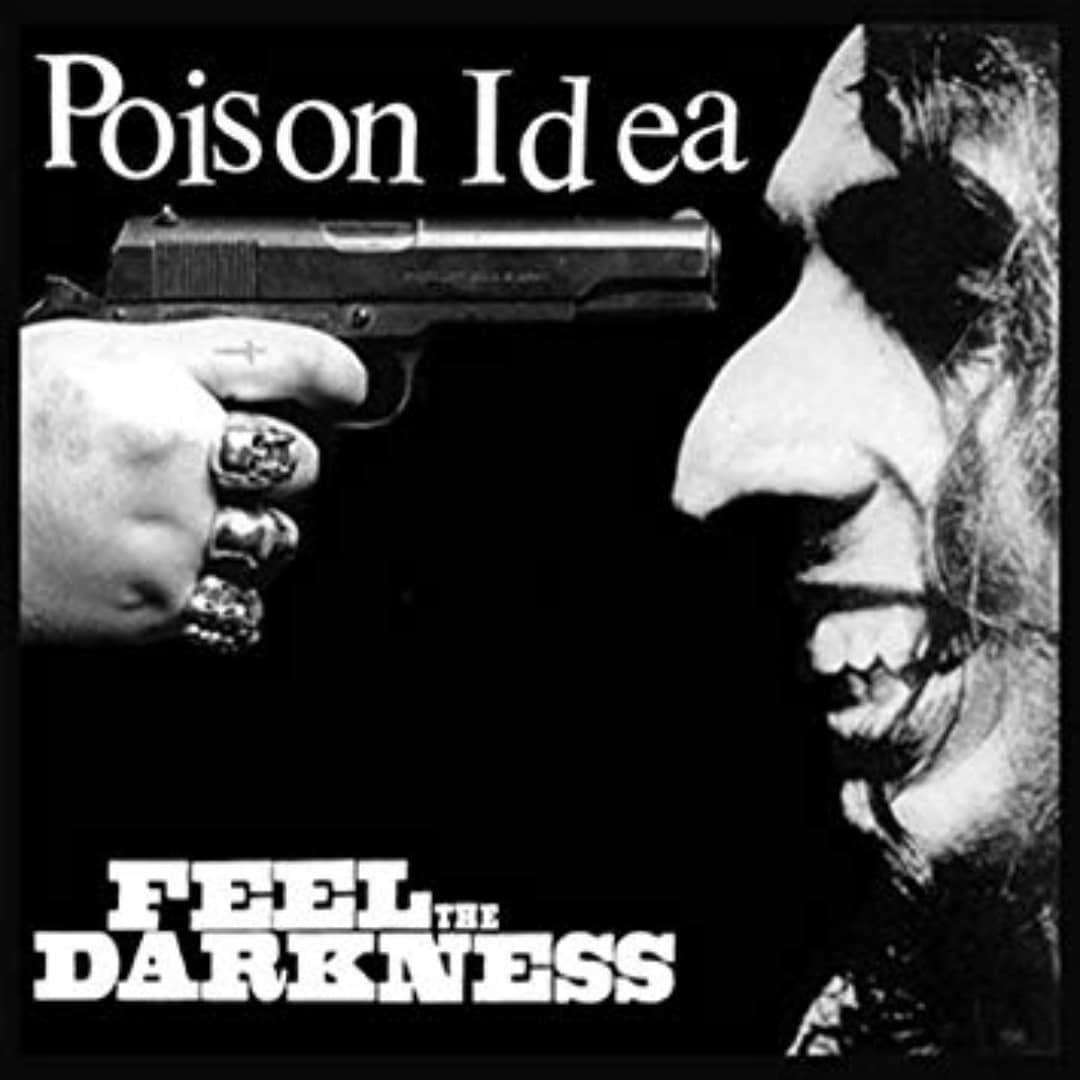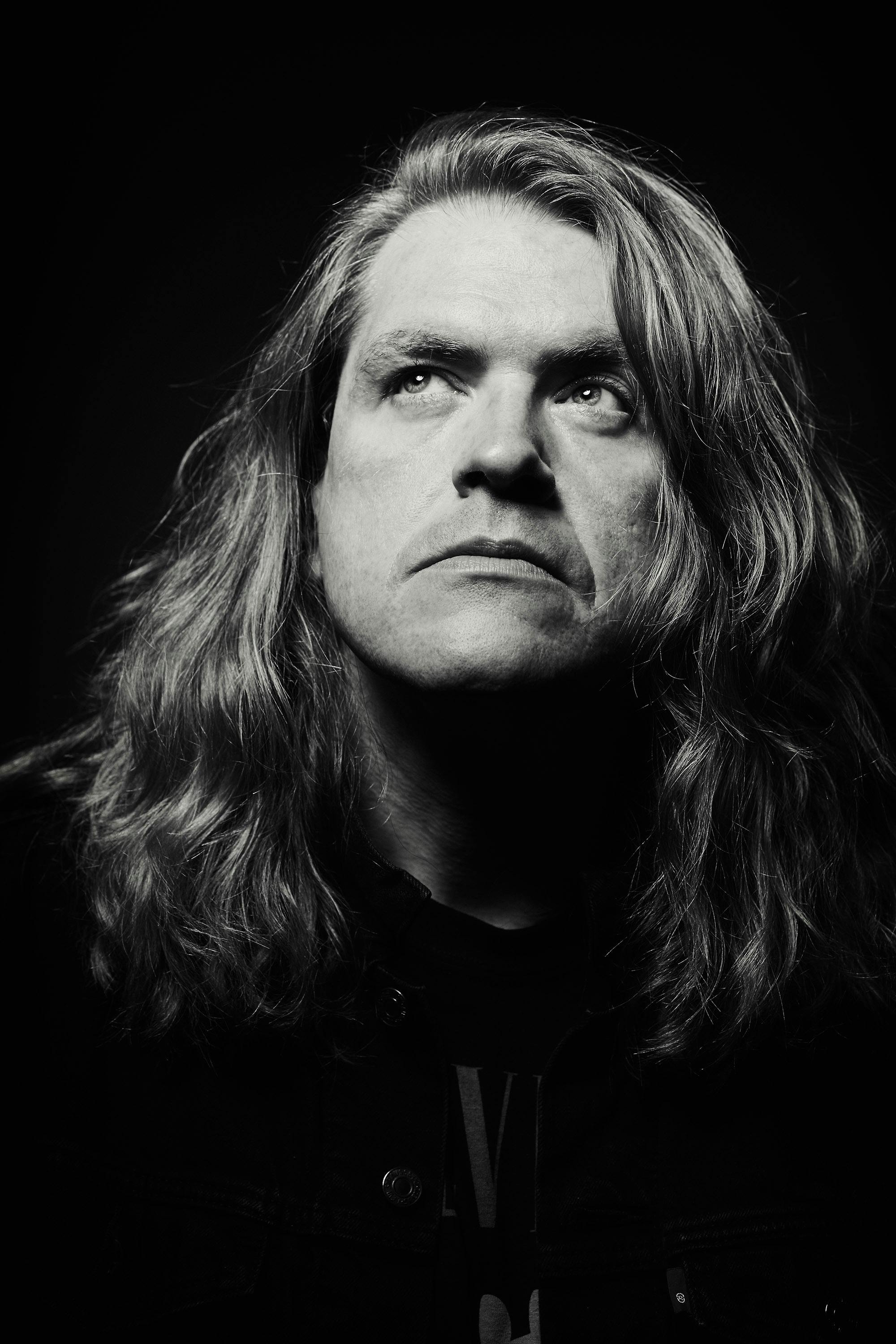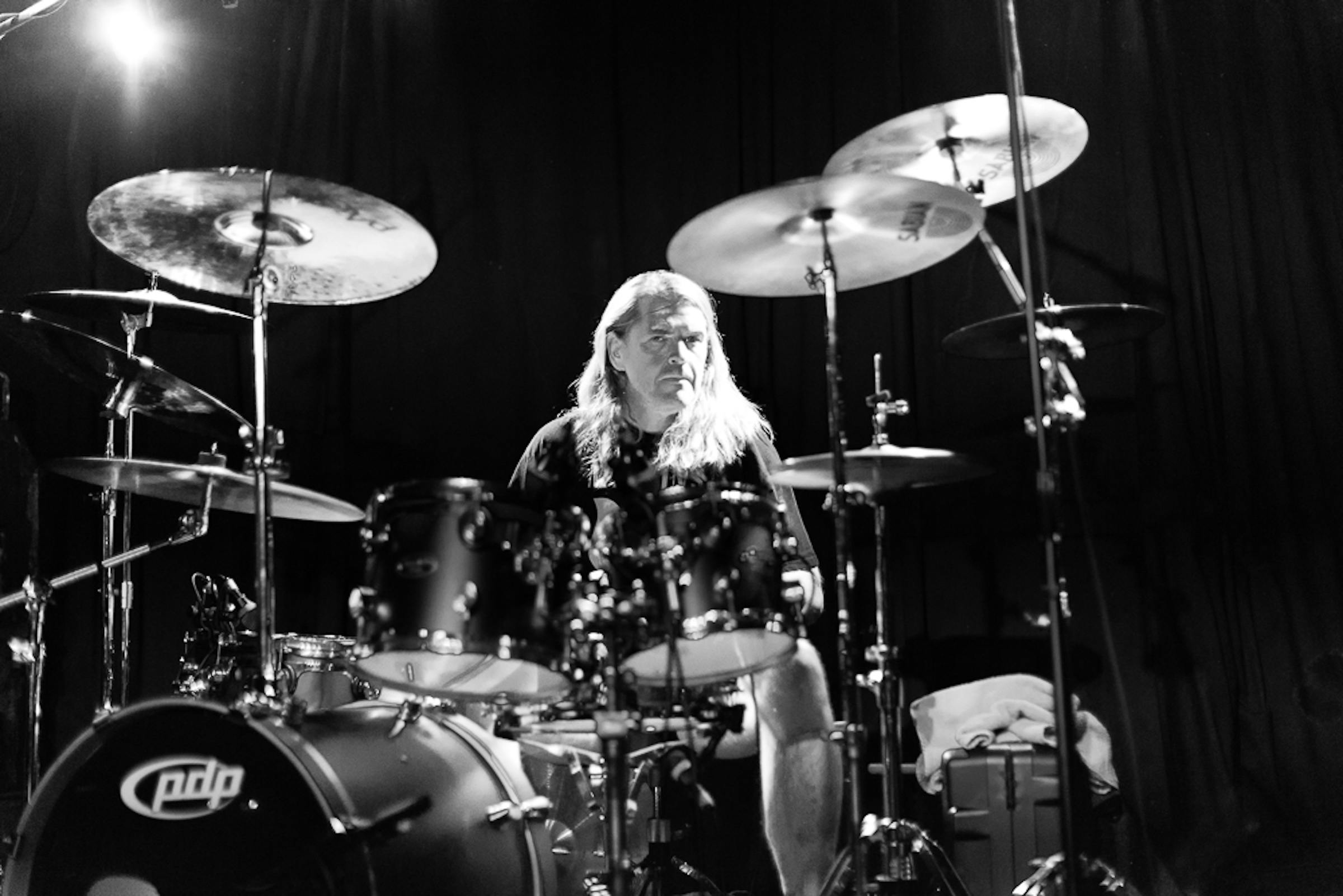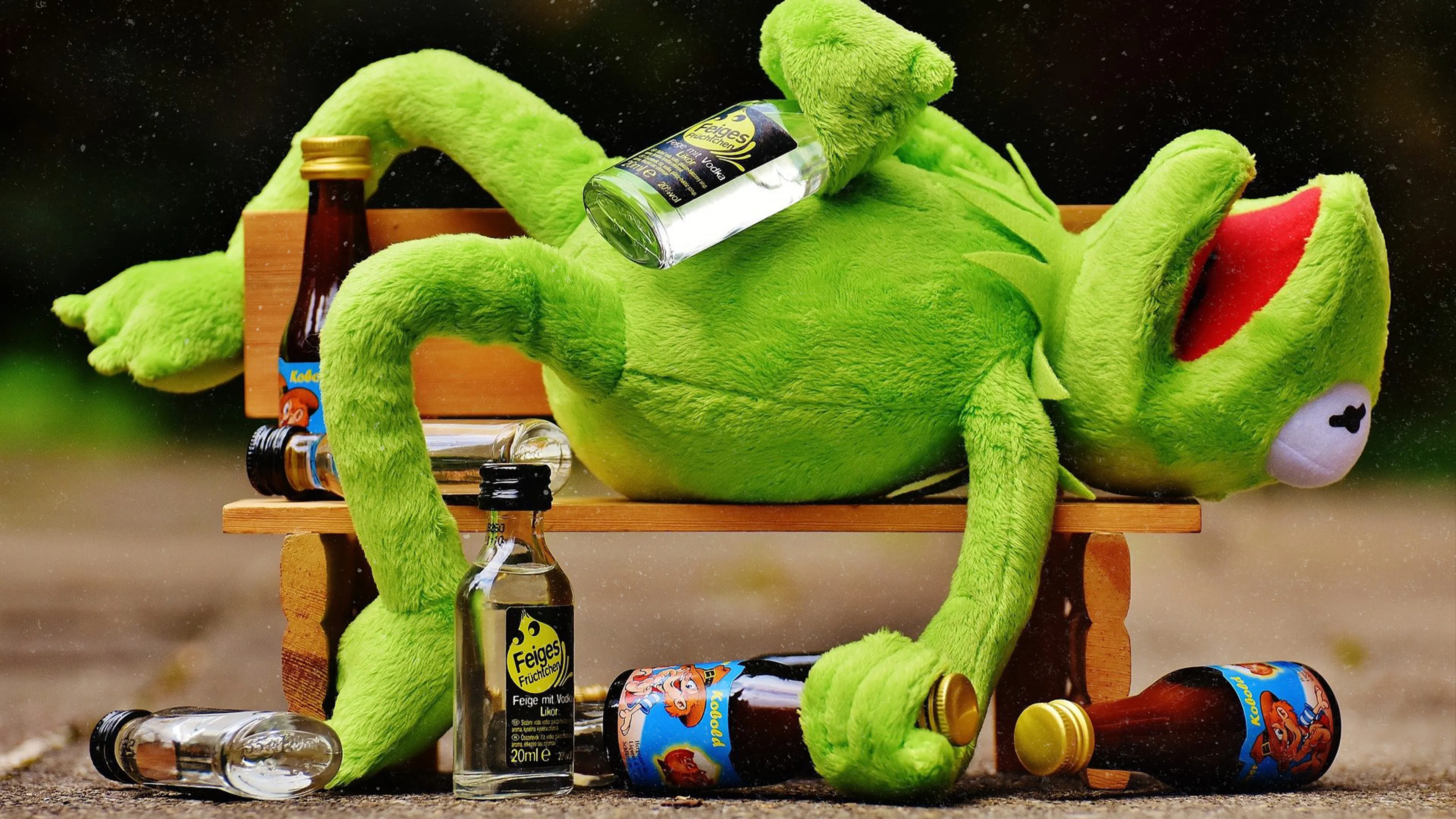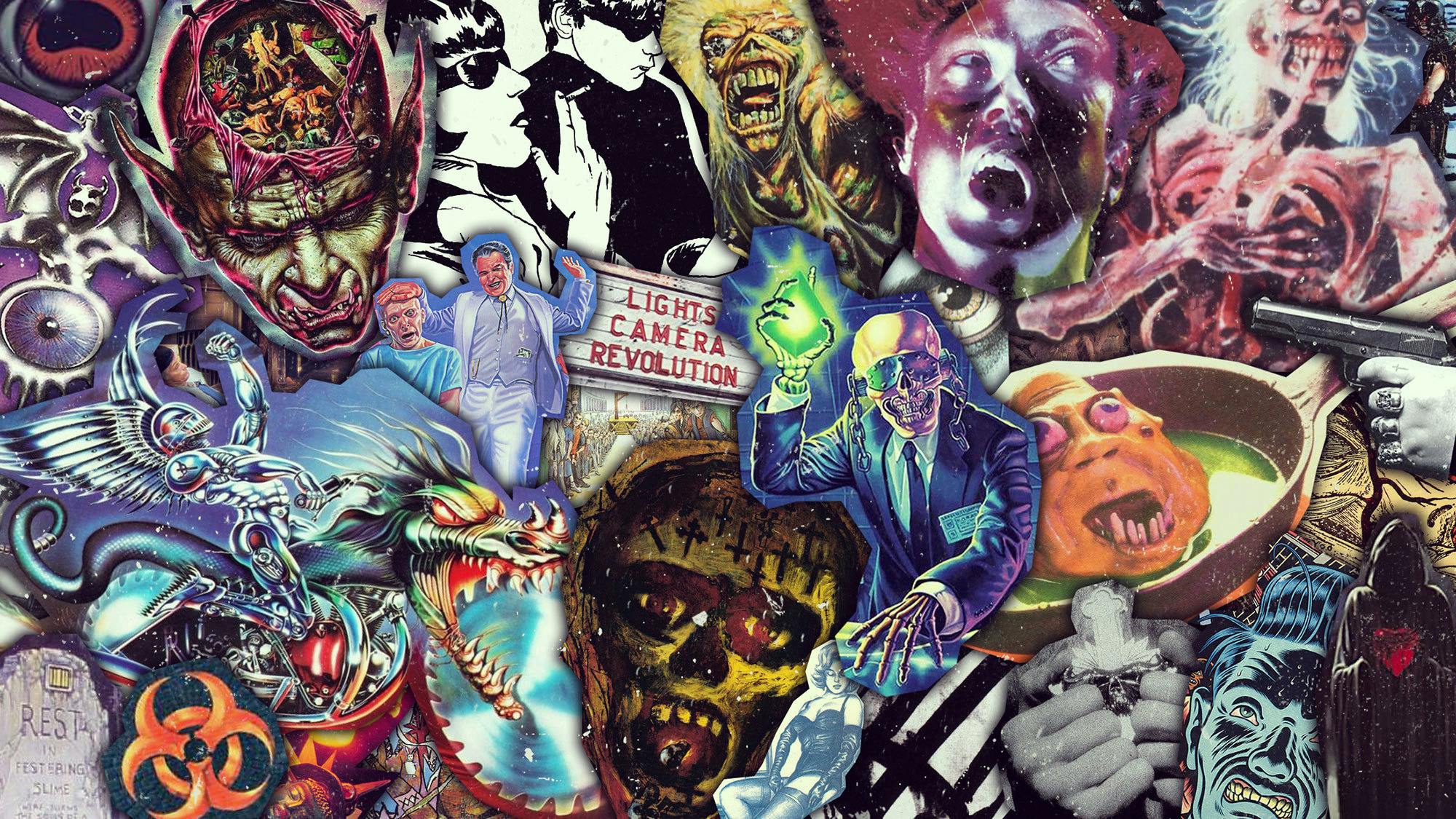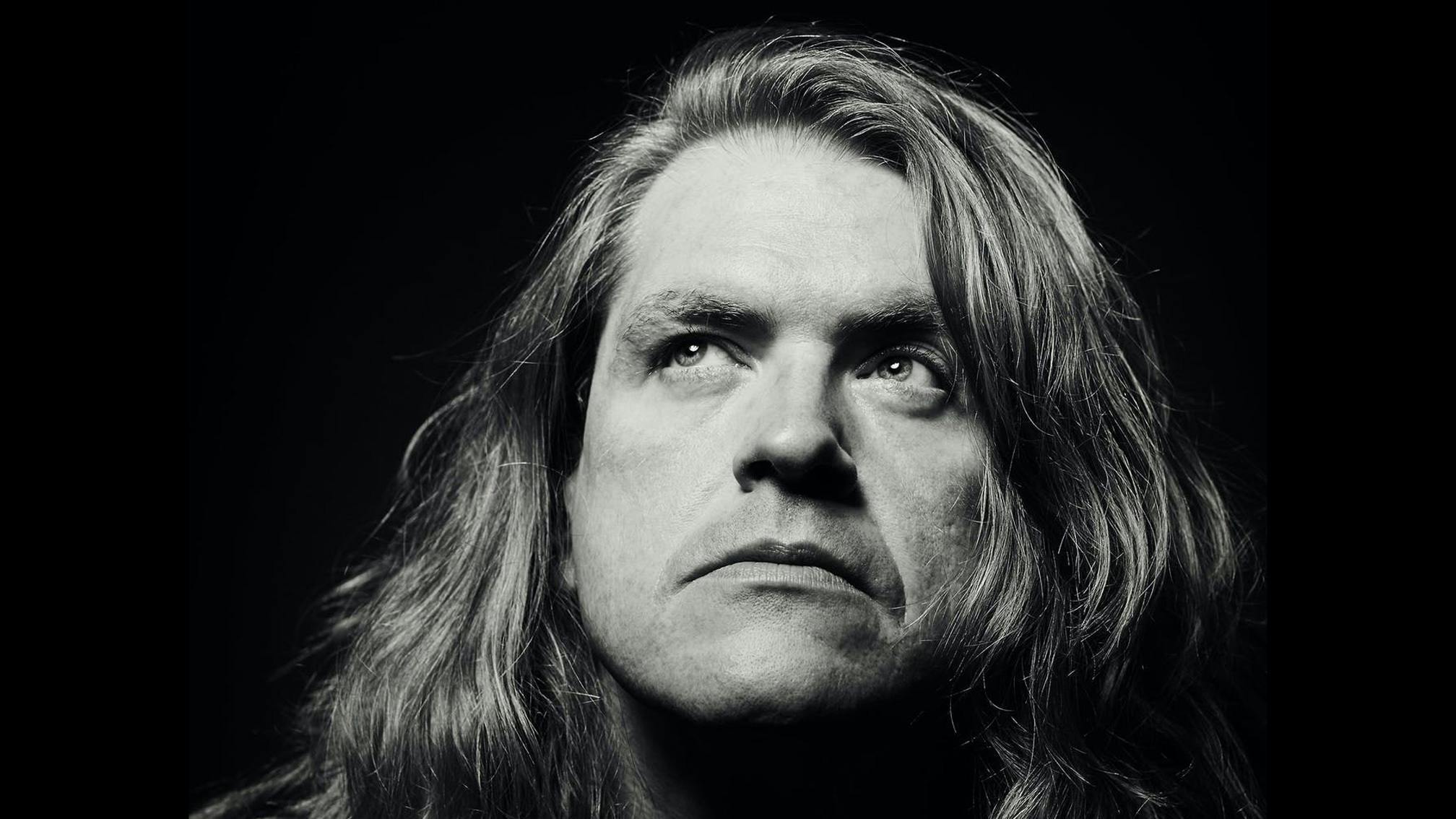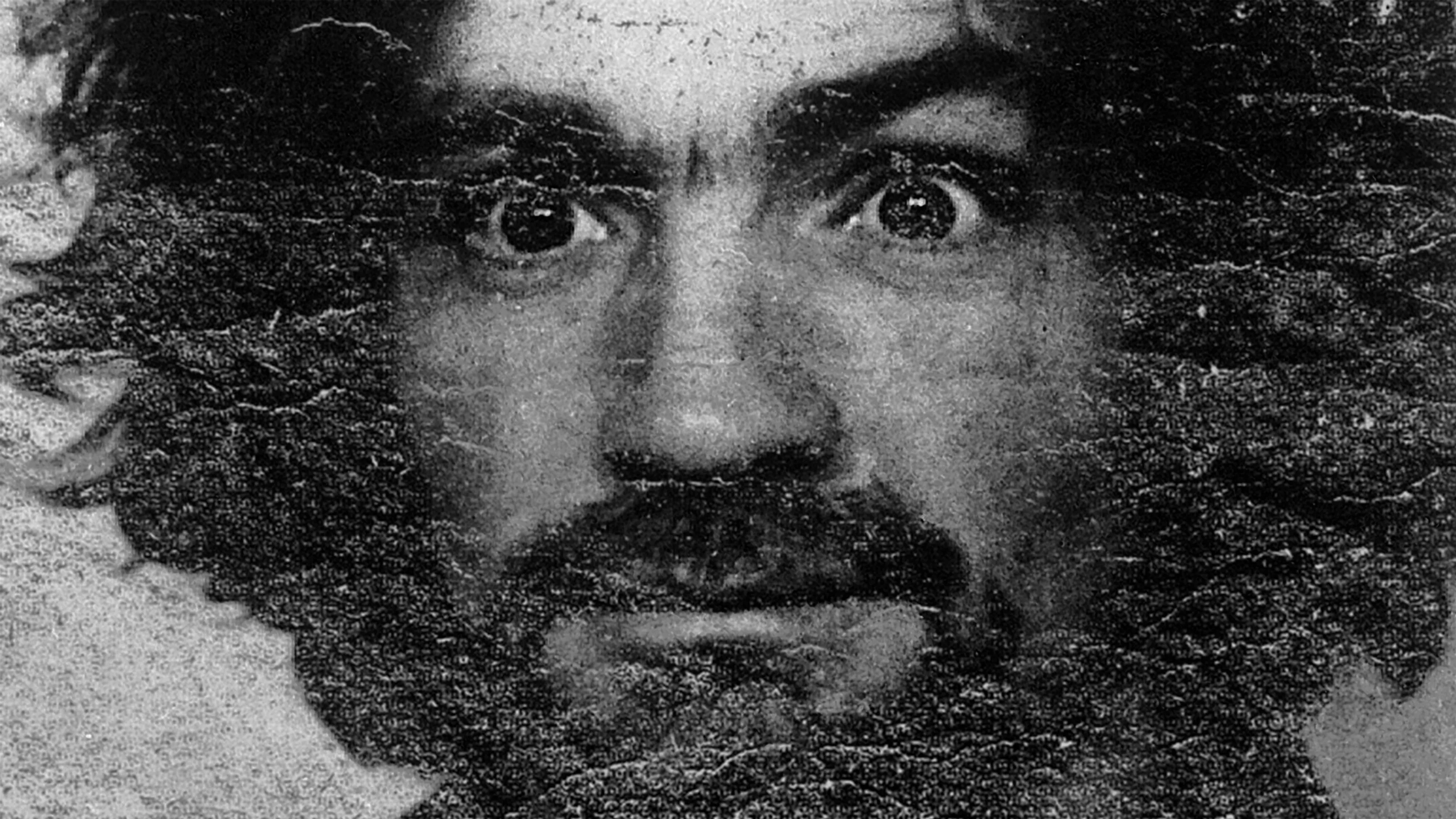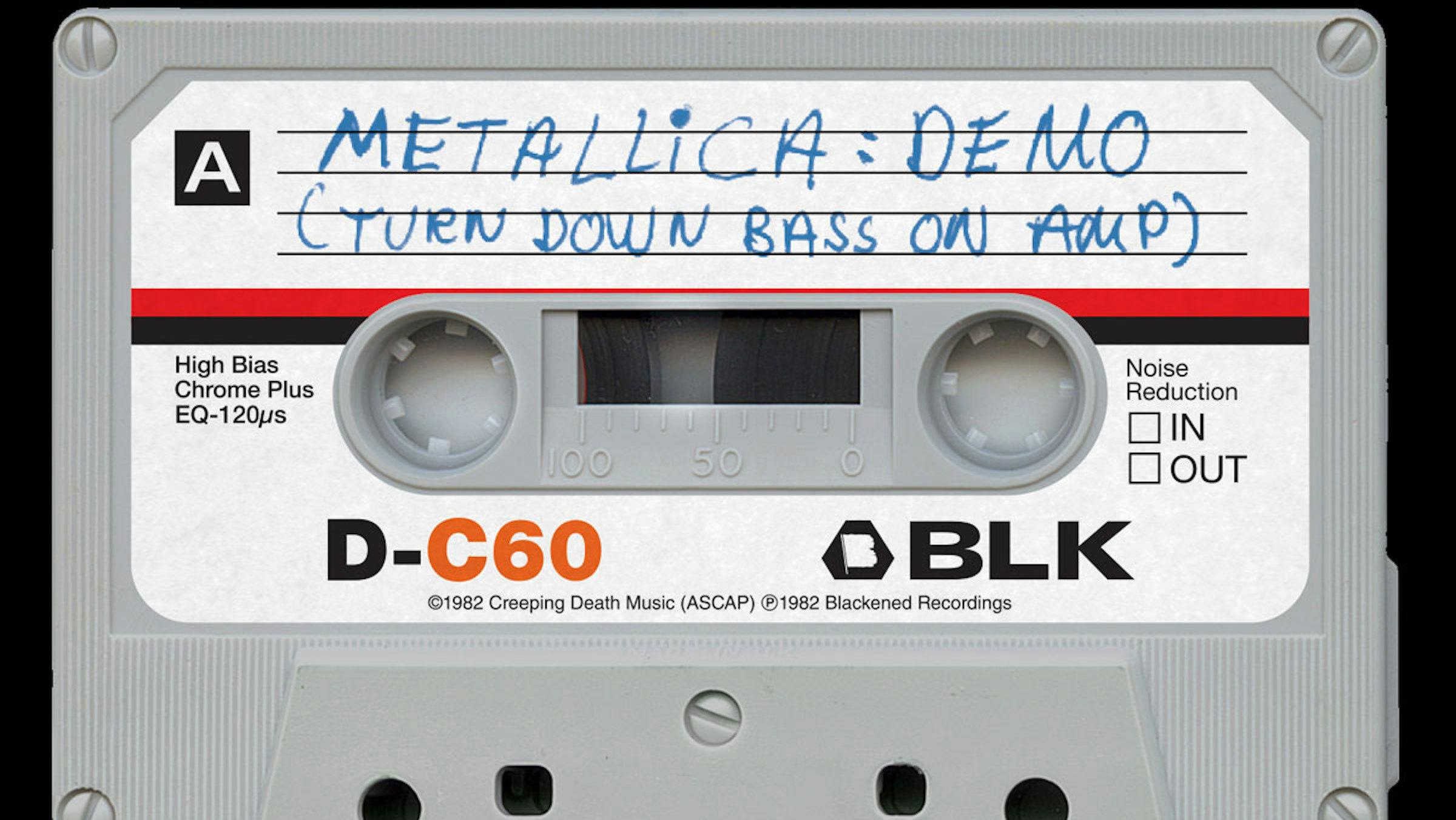“There was eight bands and we'd go to their practice and tell them what they needed to do to record,” says Steve. “There's two concerts in there per year, four bands per concert, so I'd get them super-ready for their concerts, and say, ‘As soon as we're done with the concerts, we'll record.’ In the meantime, Sam and myself would record music every chance we got.”
The result is the aforementioned thirteen albums, featuring bands including such names as Nizari, Honky Tonk Villains, Sockpuppet, and the particularly outstanding Drugs From The Sun. Hanford played drums for all of them, providing lead vocals for two. Not surprisingly, the other inmates were blown away to be playing with a known musician and producer with numerous albums to his name.
“It was a boost to them,” agrees Hanford, “but a lot of them were very intimidated as musicians. Some of these big gangster guys, you could see them turn to butter and melt in front of us when they couldn't get a part right, but it was like, ‘No, bro, let's work together on this.’ They'd never had anyone work with them in a positive way. Before I got involved in the music program, they had no reason for clear conduct, so I got guys out of gangs to come and play music with me.
“A couple of times it was a little intimidating, because some of them did not like to be told that they were wrong,” he admits. “We overcame that and there was never any bad feelings at the end of the day, but sometimes they got super-mad and you could see their insecurities bubbling up. The one thing they do to cover up their insecurities is violence, but I'd just play completely the opposite and be positive. No one had ever treated them like that.”

